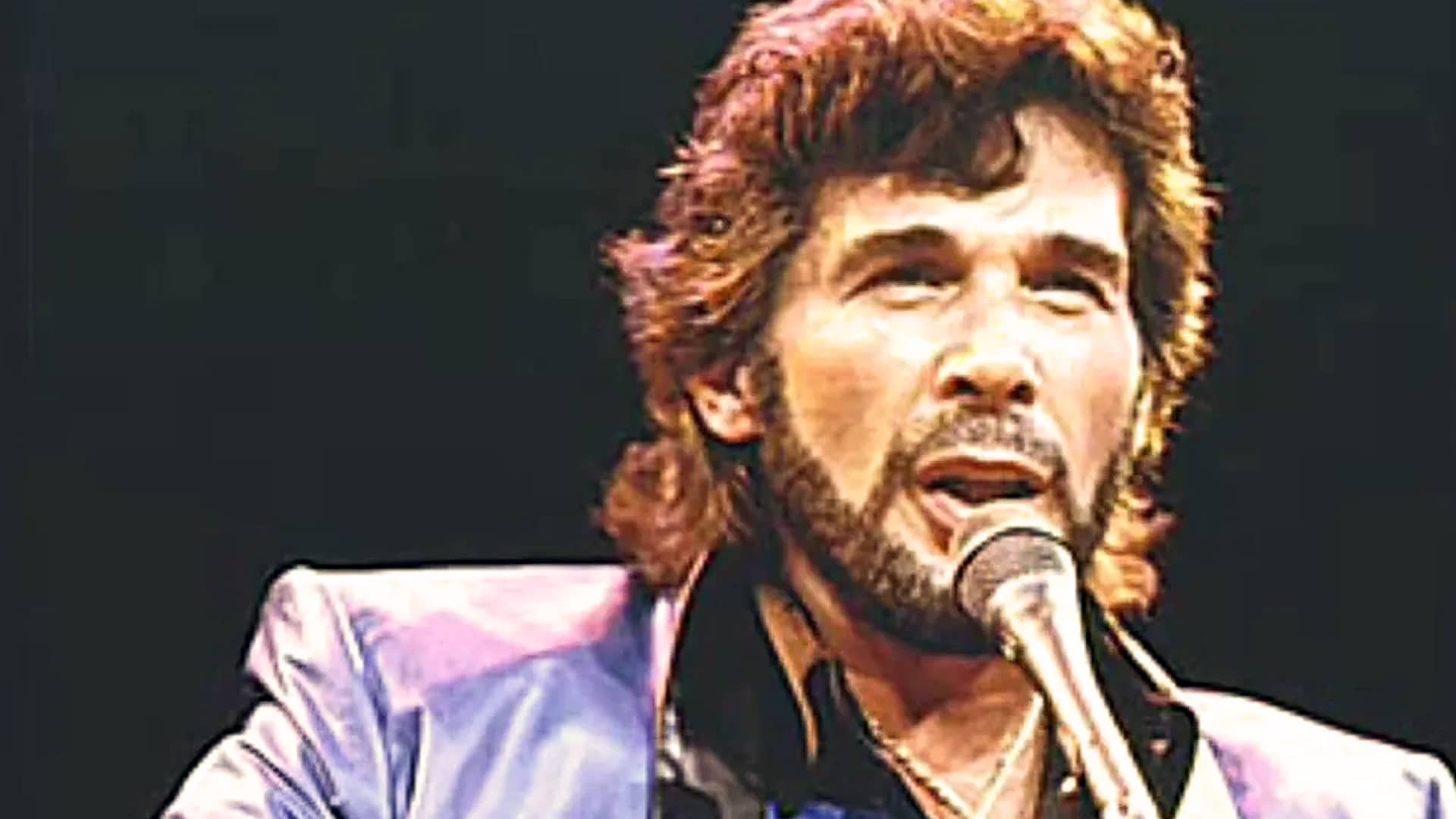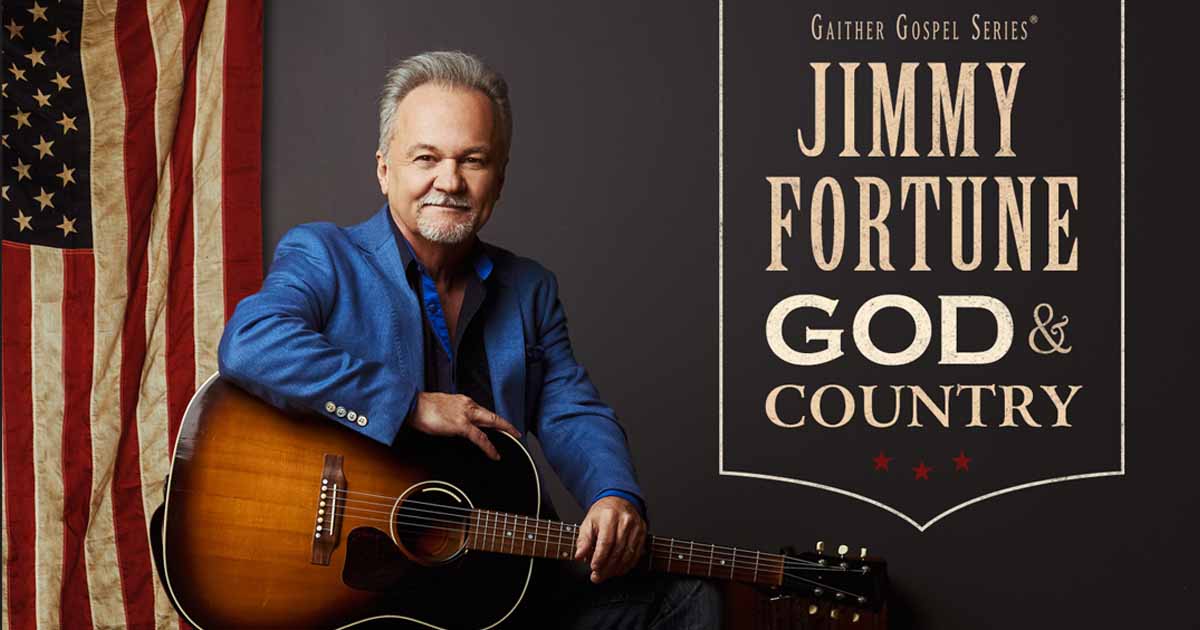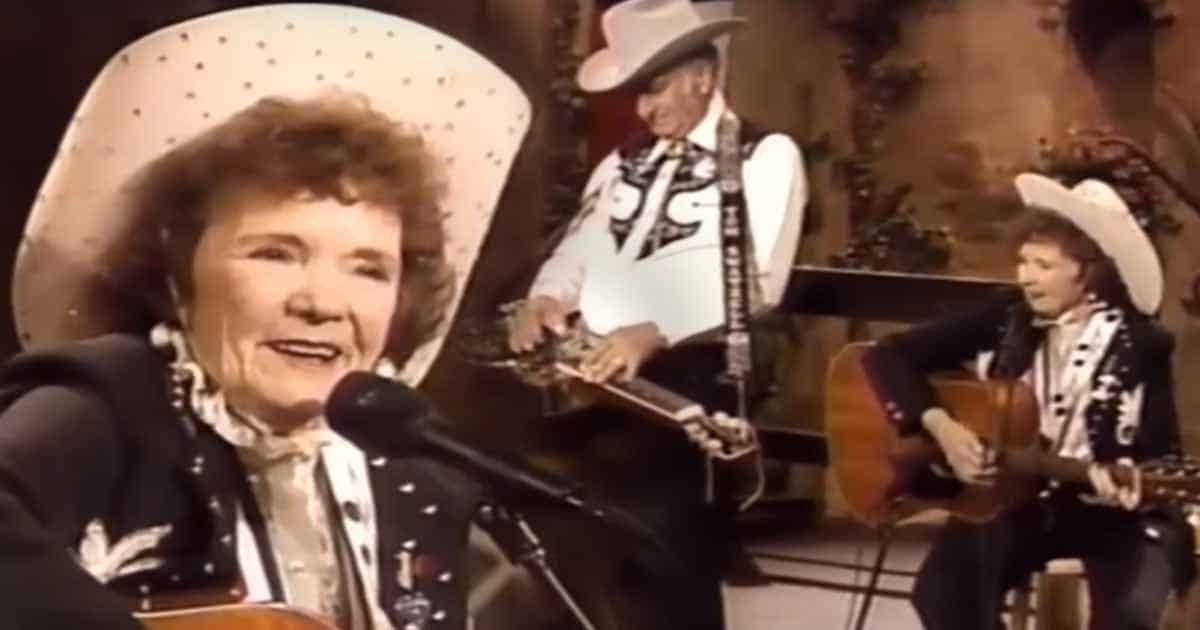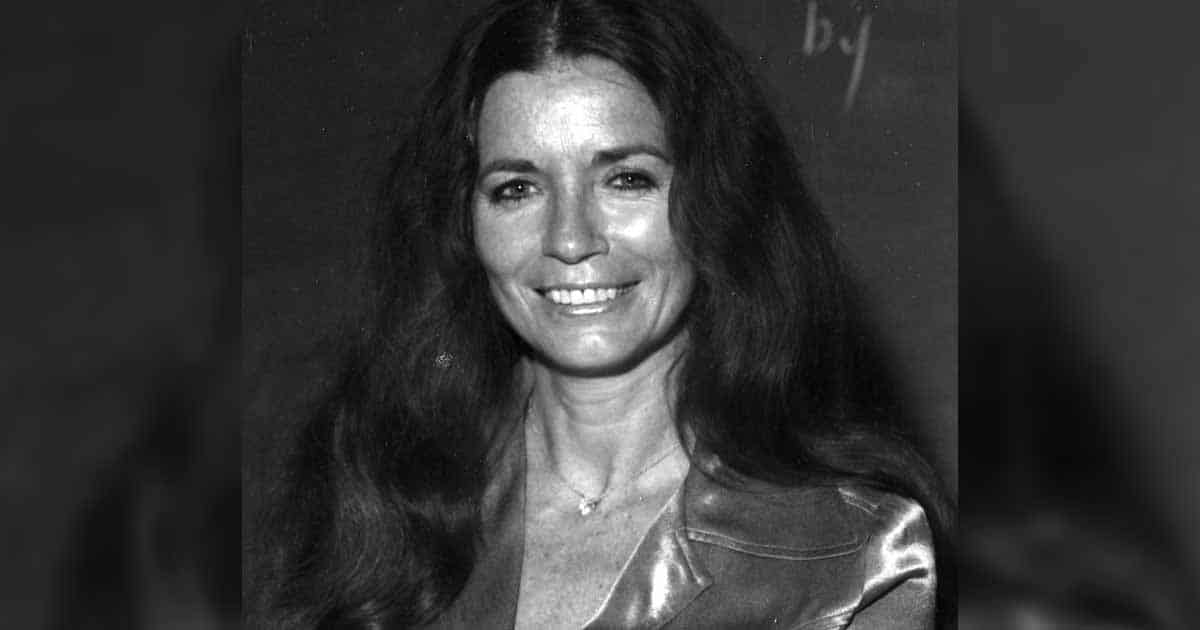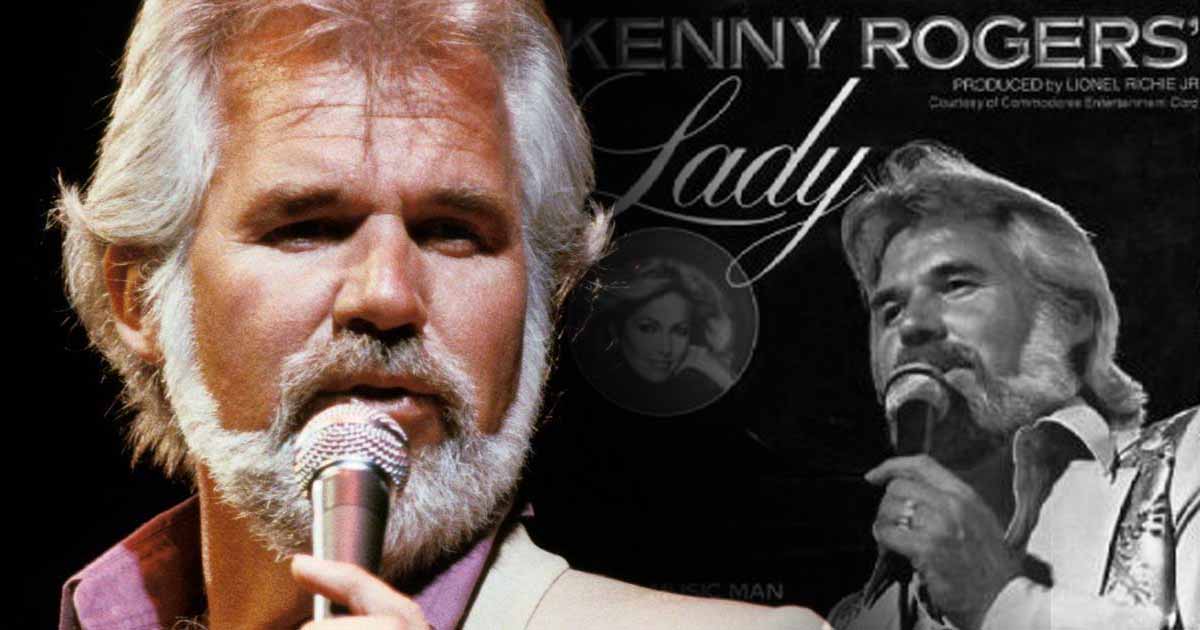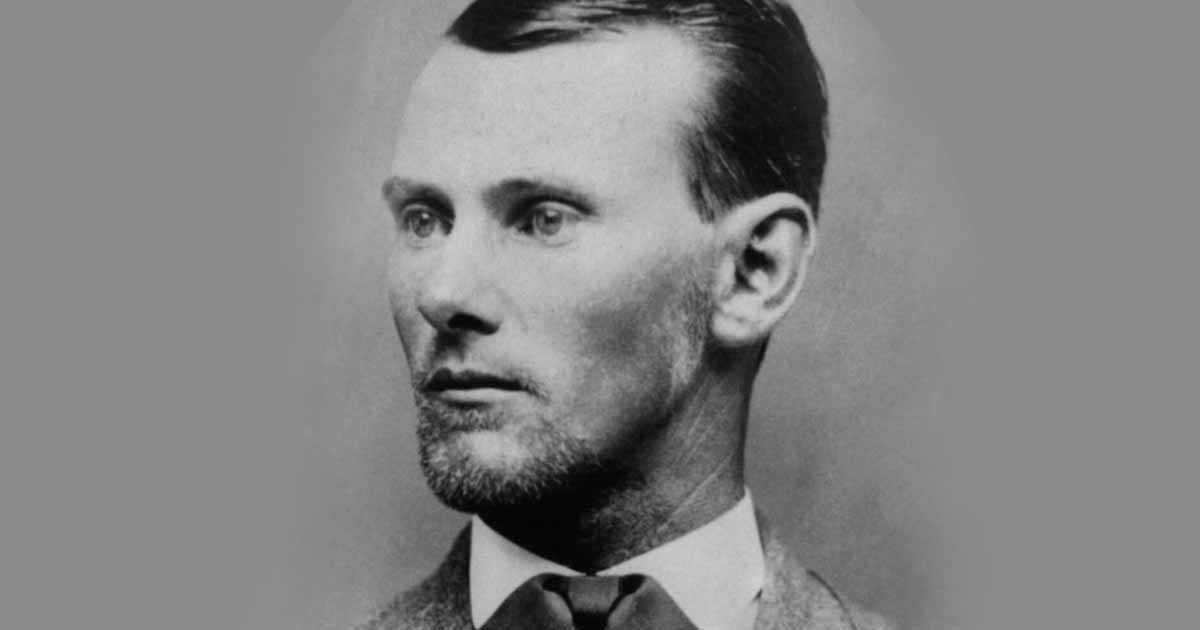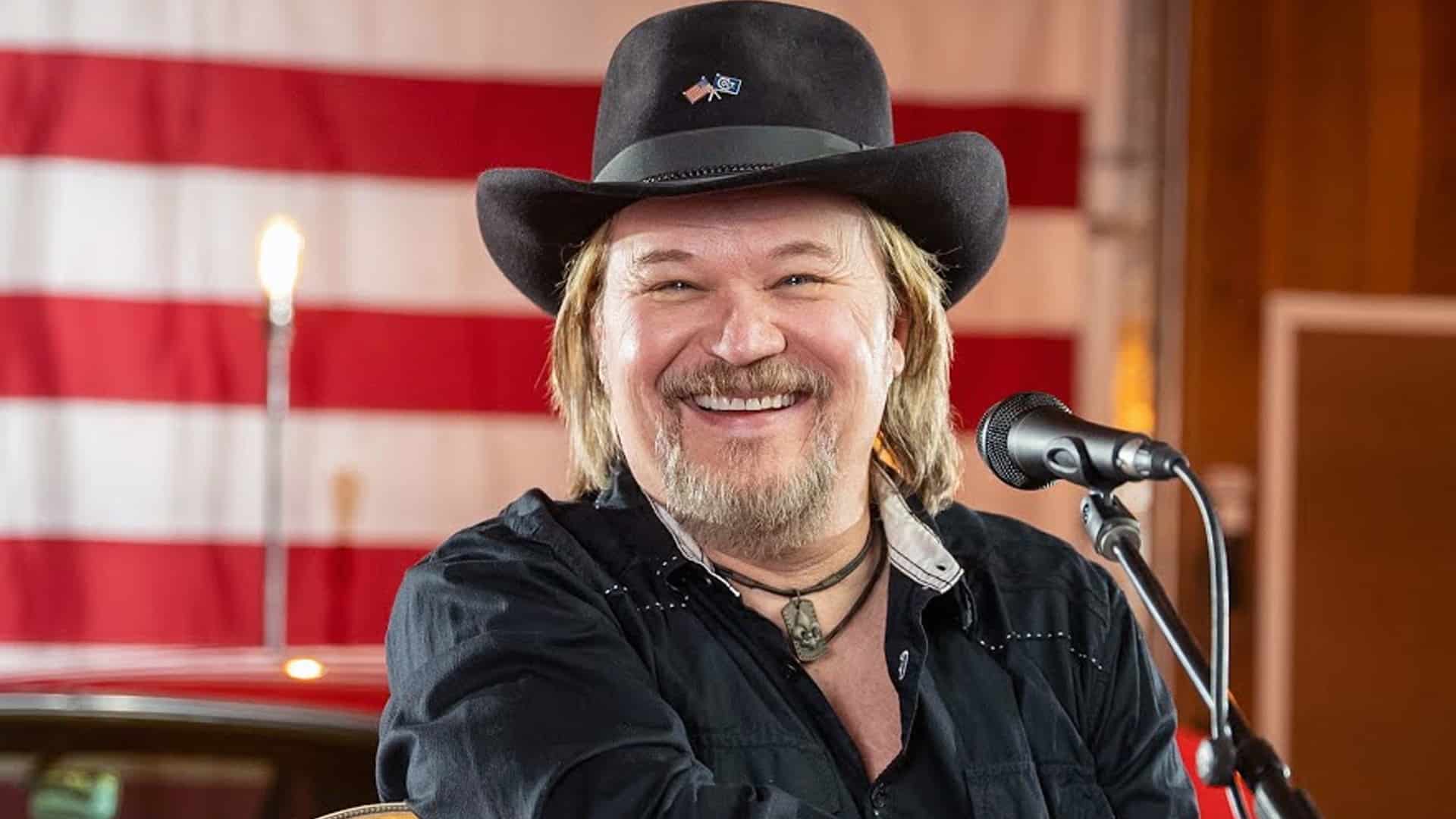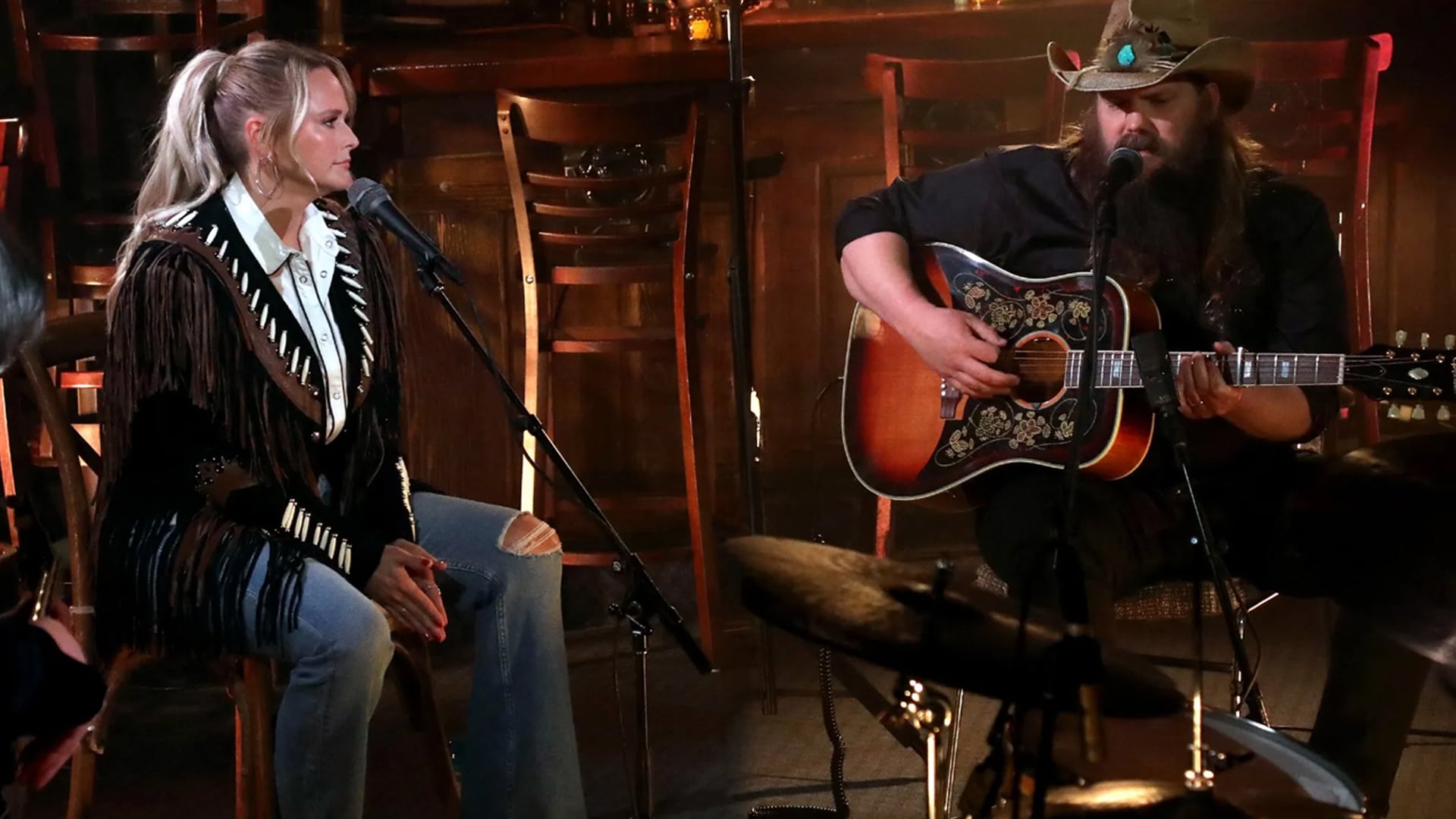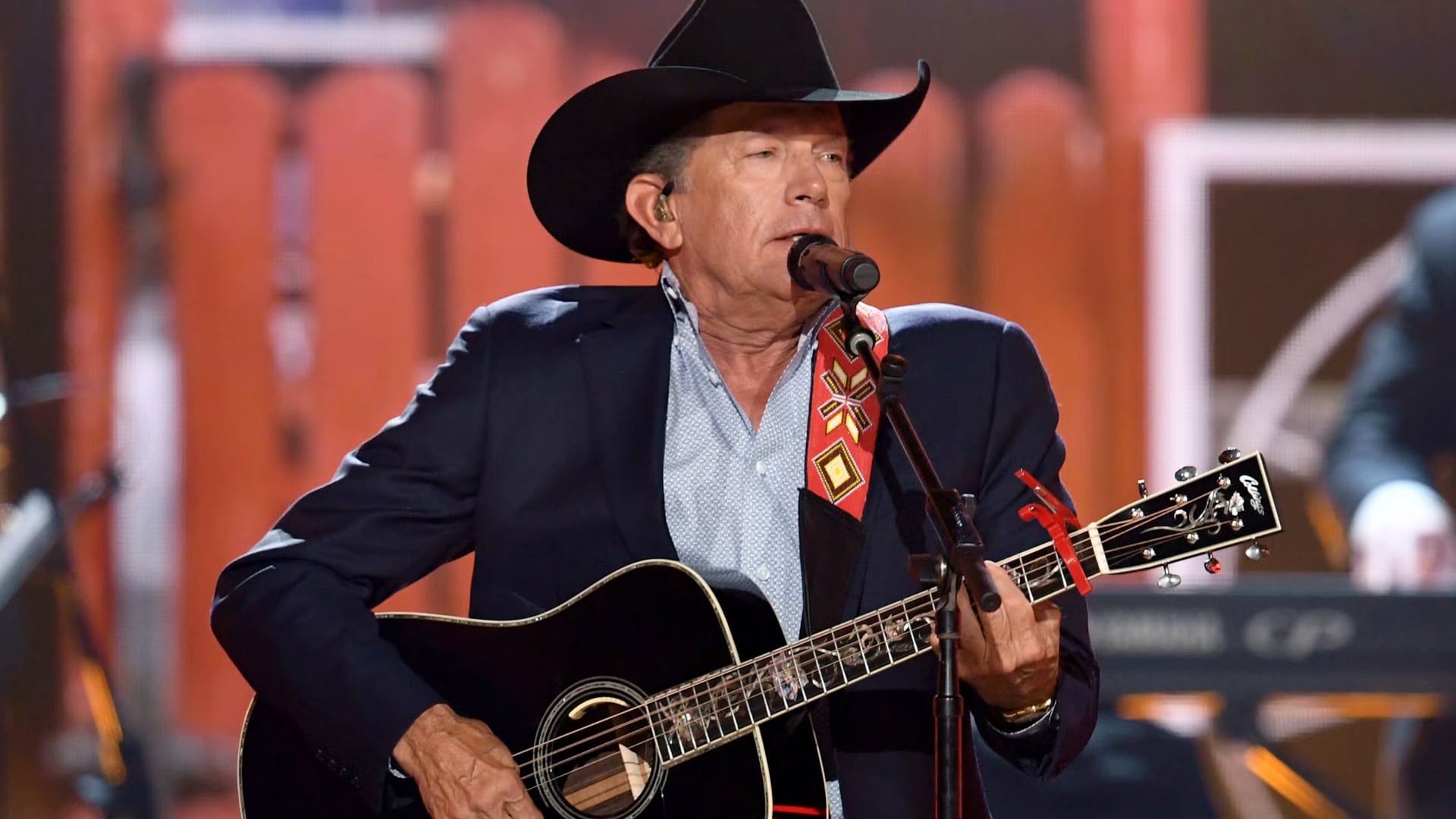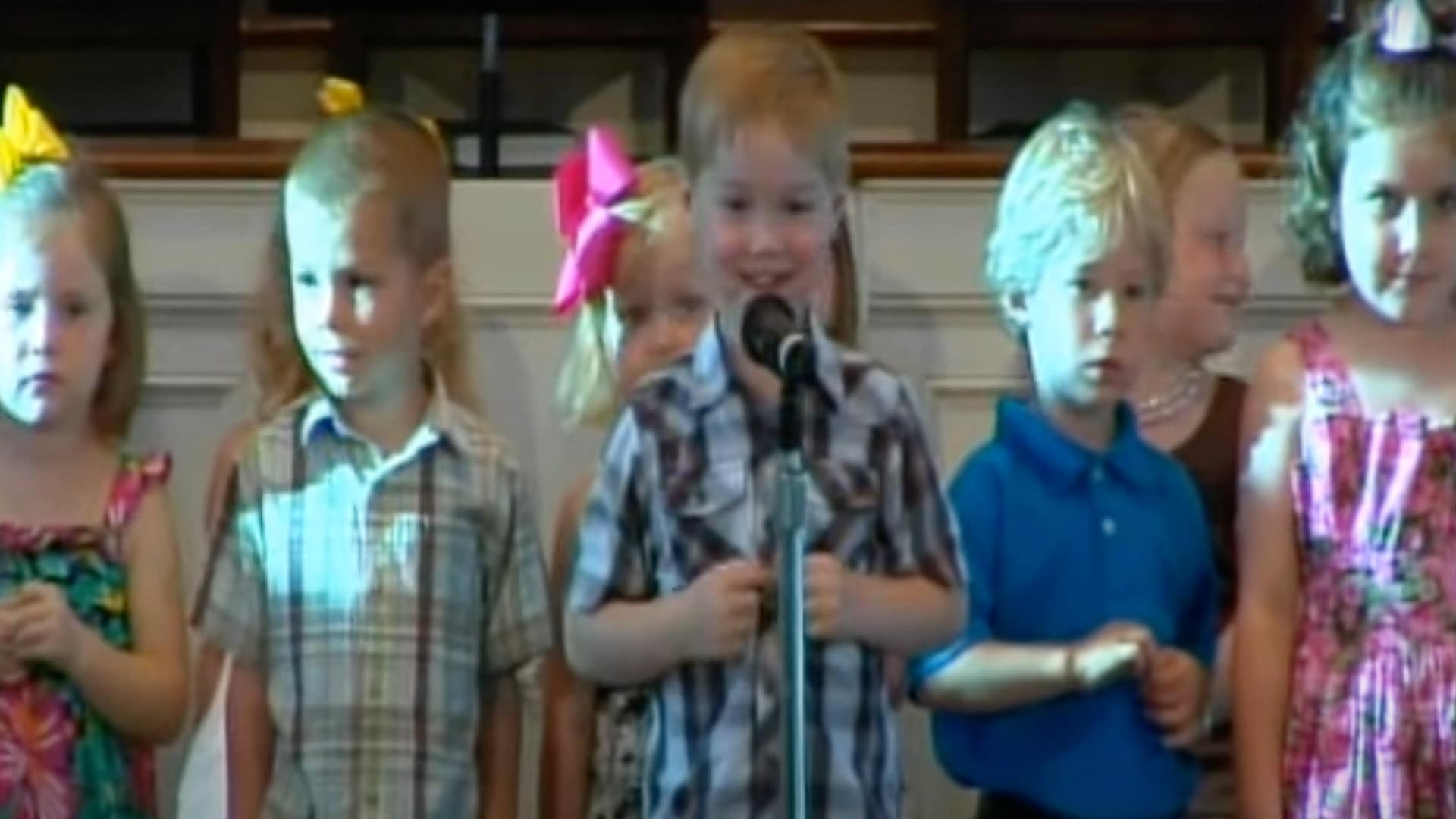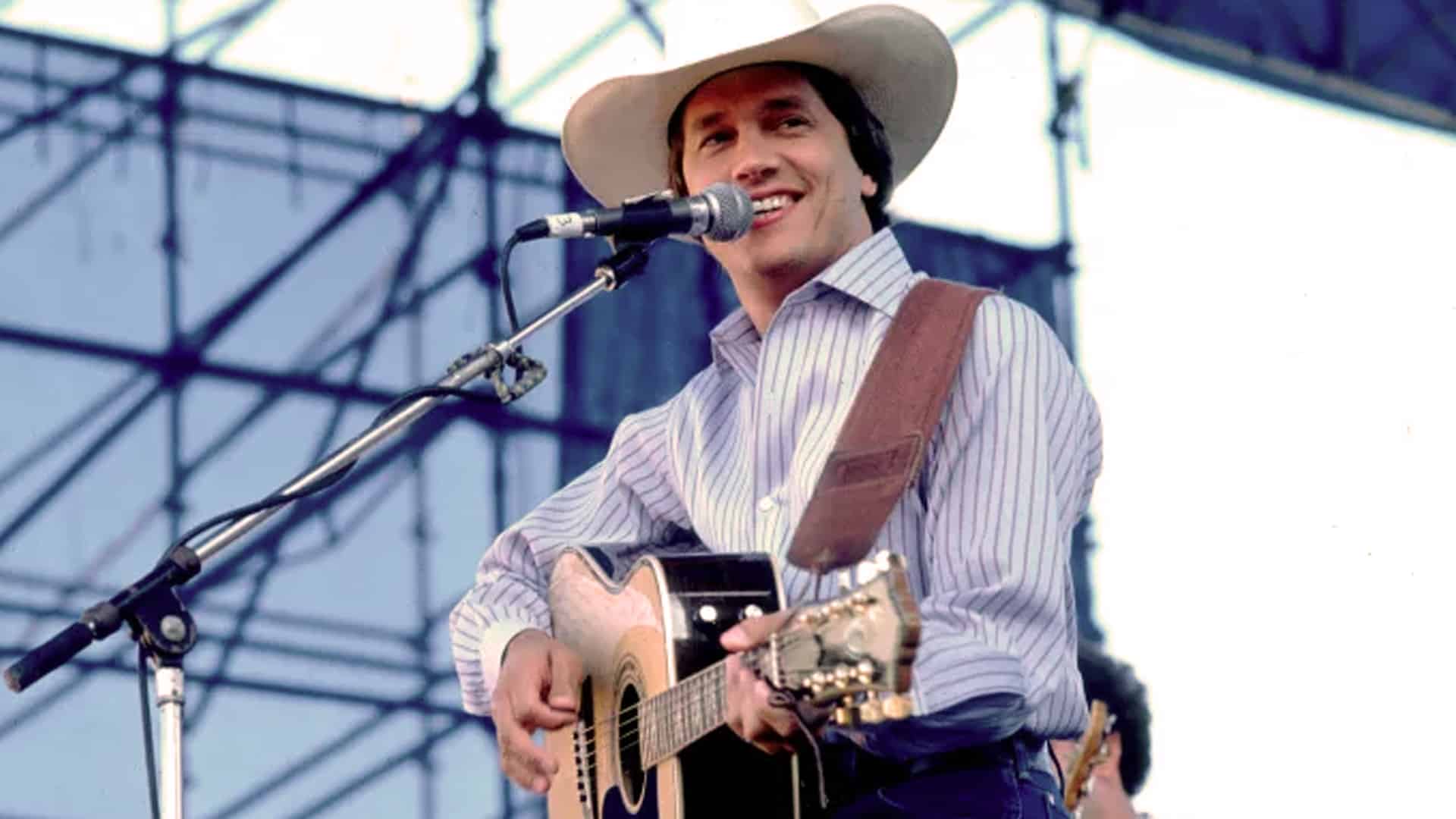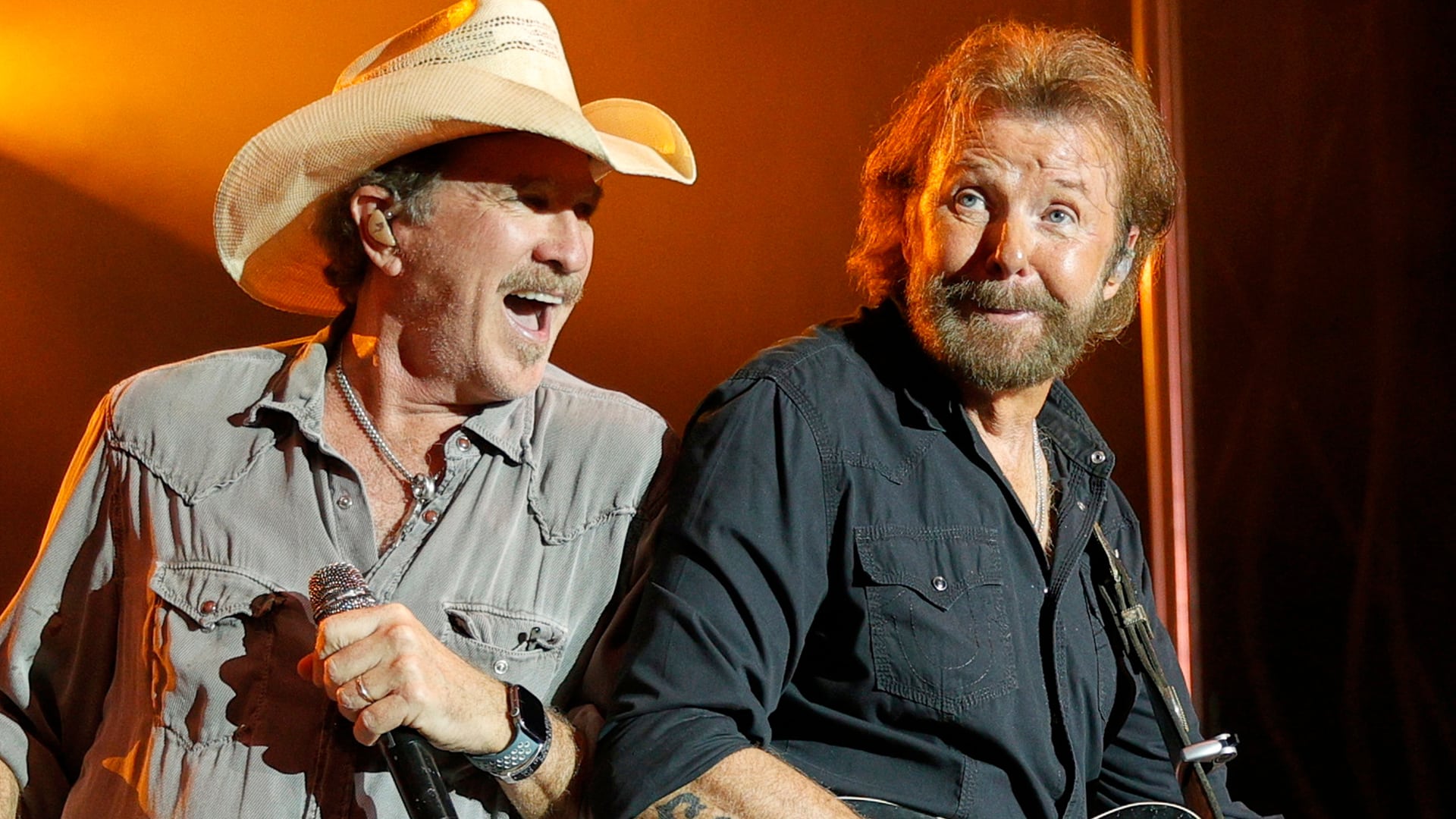Country music loves its legends, but sometimes it forgets the ones who did the heavy lifting without demanding the spotlight. Eddie Rabbitt was one of those artists. He helped define the sound of modern country in the late ’70s and early ’80s, wrote for Elvis Presley, delivered truck-driving anthems and crossover smashes, and then quietly disappeared from the industry’s memory.
At the peak of his career, Rabbitt wasn’t just successful—he was a hit machine. Twenty number-one singles. Thirty-four Top 10 hits. He wrote most of them himself, and some for other icons too. It was his pen behind Elvis Presley’s “Kentucky Rain” and “Patch It Up.” He didn’t just ride the wave of country-pop in the 1980s. He built it.
Yet when he died in 1998 at just 56 years old, there was barely a ripple. At his family’s request, there was no announcement until after he was buried. No public memorial. No tribute at award shows. No posthumous recognition. Not even a quiet nod from the institutions that once celebrated him.
According to Saving Country Music, Rabbitt is buried alone in Calvary Cemetery in Nashville, a peaceful resting place tucked away from the usual pilgrimage sites for country stars. It fits the quiet grace he carried through a career that should have made him a Hall of Famer. He’s not there either—not yet.
Born in Brooklyn and raised in New Jersey, Rabbitt was never supposed to make it in country music. But with Irish roots, a deep love of traditional music, and a sharp songwriting mind, he pushed his way into Nashville. When Ronnie Milsap took Rabbitt’s “Pure Love” to the top of the charts in 1974, it cracked the door open. Then he stepped in and started charting hits of his own.
“I Love a Rainy Night,” “Drivin’ My Life Away,” and “Step by Step” weren’t just country hits. They were pop hits, too. Sure, that got him some side-eyes from traditionalists, but listen to the songs today, and there’s no mistaking the soul and twang in them. He wrote about working people, truckers, lovers, and broken dreams—and he did it with hooks you couldn’t shake.
But Eddie Rabbitt was left standing in the dust by the time the Class of ’89 stormed in with Garth, Alan, Clint, and Travis. His label dropped him. The industry moved on. And because he was never flashy, never self-promoting, and never part of the Nashville machine, his name faded faster than it should have.
There’s no reason Eddie Rabbitt shouldn’t be mentioned in the same breath as George Strait or Ronnie Milsap. His crossover success helped widen the road for others, and his songs still resonate. He wasn’t forgotten because the music didn’t hold up. He was forgotten because country music has a short memory for quiet greatness.
You can still visit him if you want. He’s buried under a modest cross with Celtic knotwork, not far from the resting place of his mother and young son. And maybe that’s the way he wanted it. But fans and country music owe him more than silence.
He changed the genre. It’s time to say it out loud.

